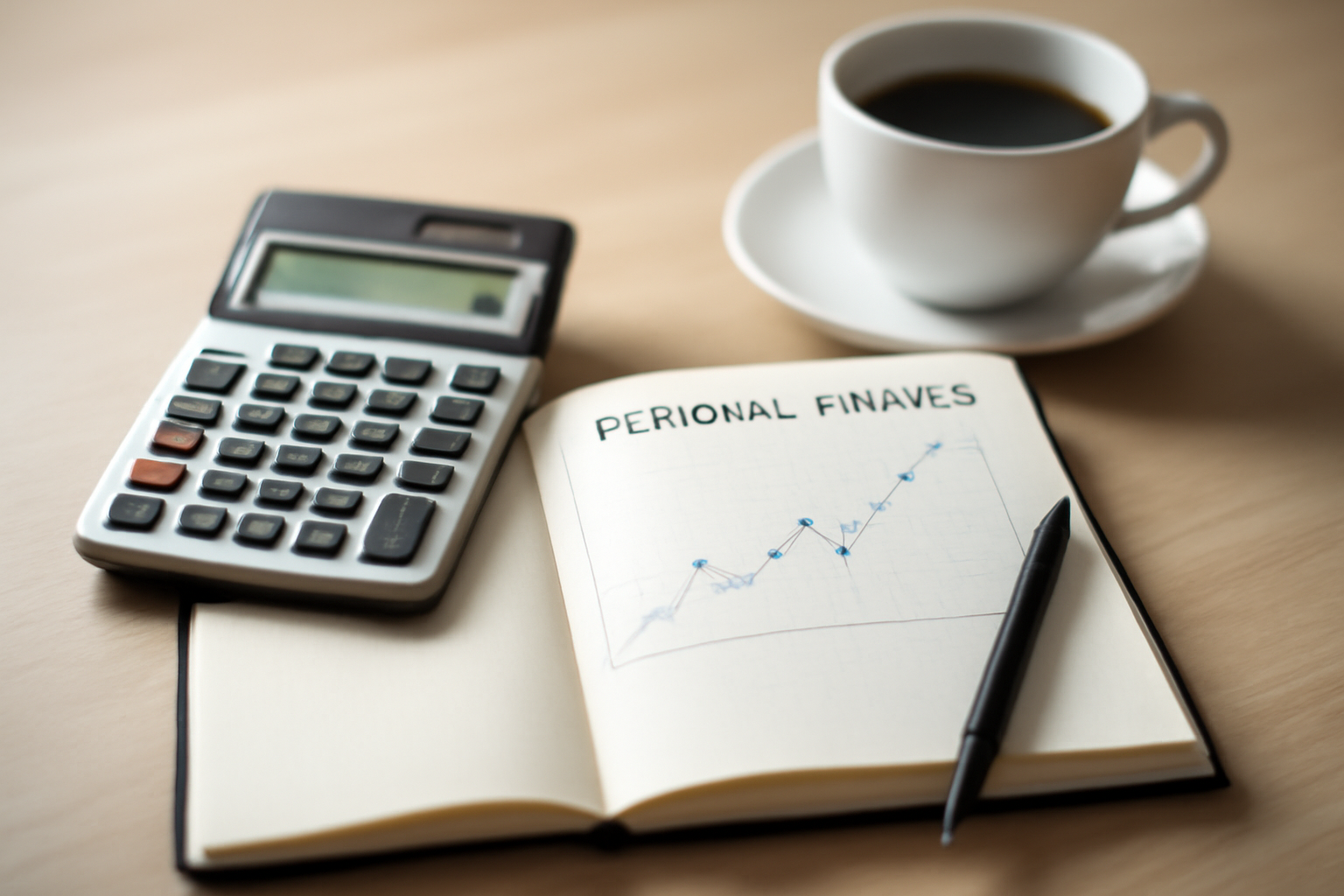Controlling your expenses is one of the most important steps to achieving financial health. Many of us spend without realizing it, and this can hurt our budget. If you are just starting to take care of your personal finances, the good news is that there are several simple strategies to start controlling your expenses and saving money. In this article, we will share some practical tips that will help you improve your financial organization.
1. Make a Budget and Track Your Spending
The first thing you need to do to control your spending is to understand where your money is going. This is only possible when you keep a detailed budget and track all your expenses.
How to do it:
- List all your expenses: Create a list of all monthly expenses such as utilities, food, transportation, and entertainment.
- Use financial tracking apps: Apps like Mint, YNAB (You Need a Budget), and PocketGuard help you categorize and track your spending.
By recording and tracking your expenses, you will have a clear view of where you can cut back and where you’re spending more than necessary.
2. Set Limits for Variable Expenses
Not all expenses are fixed. Expenses like eating out, entertainment, and shopping can be adjusted more easily. By setting limits on these expenses, you will avoid overspending and be able to save more.
How to do it:
- Set a monthly amount: For example, if you spend $1,000 a month on food and entertainment, try to reduce it to $800.
- Shop smart: Before you go shopping, make a list of essential items and avoid impulse buying.
The key is to be disciplined and commit to not exceeding the limits you’ve set.
3. Eliminate or Reduce Credit Card Debt
Credit cards are one of the easiest ways to fall into debt. The interest rates are high, and debt can quickly accumulate if you’re not careful. To control your spending and save, it’s important to eliminate or reduce credit card debt.
How to do it:
- Pay more than the minimum: Avoid paying only the minimum amount as this will only extend your debt. Try to pay a larger amount to get rid of the debt faster.
- Negotiate your debt: If you’re struggling to pay, contact your credit card company to try to renegotiate the terms.
By reducing or eliminating credit card debt, you’ll free up more money to save and invest.
4. Avoid Impulse Purchases
Impulse purchases are one of the biggest enemies of saving. Often, we buy things we don’t need just because we saw something attractive or because we’re in a sale. These purchases can hurt your budget.
How to do it:
- Make a shopping list: Before going out, write down everything you need to buy and stick to the list.
- Wait 24 hours: If you feel the urge to buy something impulsively, wait 24 hours before making the decision. Often, the urge to buy fades after this time.
These small changes can make a big difference in controlling your spending.
5. Automate Your Savings
The best way to ensure you save is by automating the process. If you wait until the end of the month to see if any money is left to save, it’s very likely that nothing will be left. By automating your savings, you ensure that money is set aside before you can spend it.
How to do it:
- Set up automatic transfers: Schedule an automatic transfer to your savings account right after you receive your paycheck.
- Invest automatically: Some investment platforms like Rico or XP Investimentos allow you to set up automatic contributions to investment funds.
With this approach, you won’t even miss the money, and it will accumulate over time.
6. Track Your Progress
Finally, it’s important to regularly monitor your progress. This helps ensure that you’re on the right track and making adjustments when necessary.
How to do it:
- Review your monthly budget: At the end of each month, review your expenses and compare them with the amounts set in your budget.
- Make adjustments: If you notice you’re overspending in any area, find ways to reduce those costs in the following month.
Tracking your progress will motivate you to continue saving and controlling your expenses.
Conclusion
Controlling your expenses is essential to organizing your personal finances and achieving your financial goals. With discipline and commitment, it’s possible to reduce expenses and start saving efficiently. Remember that small adjustments in your financial behavior can make a big difference over time.
